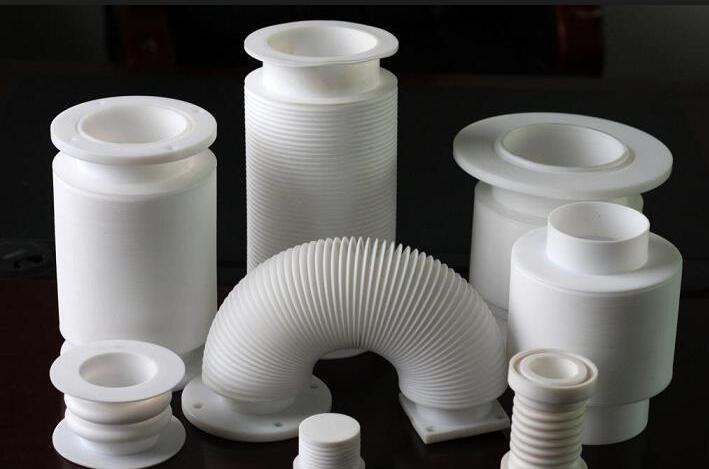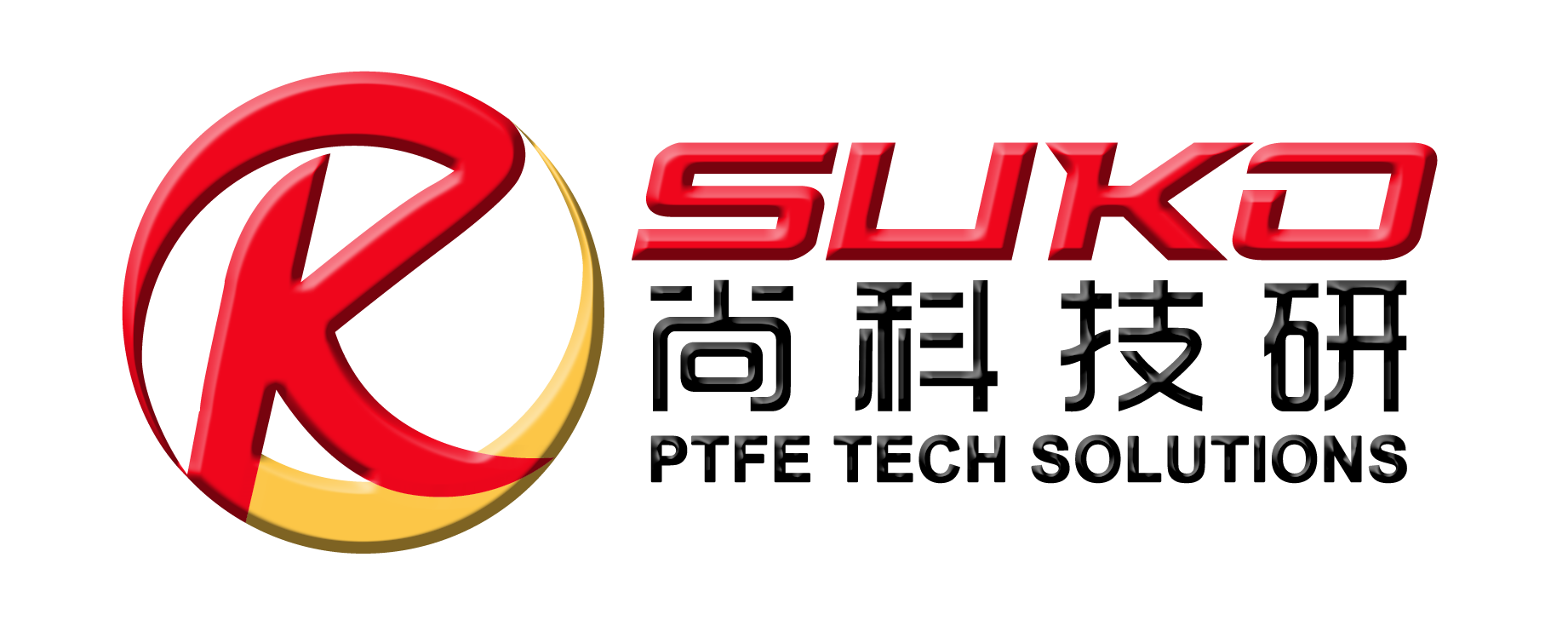PTFE bellows are used, for example, as compensating elements between engineered parts. By specifically using different fold geometries, any combination of properties can be achieved as required—for example, high flexibility or compressive strength.The outstanding material properties of PTFE allow bellows to be used increasingly in the medical and food sectors, as well as in general industry.

Bellows are machined from solid materials to create a flexible member. Bellows are often used in piping systems as pulse dampeners or covers to protect reciprocating components. Bellows can be constructed of Virgin PTFE, PTFE compounds, UHMW, Polyethylene or several other materials depending on the design specifications and requirements.
Bellows can be used as a component in solenoid valves, sampling valves, lined pipes, and in combination with a variety of seals including stem seals, to name a few applications. Depending on the material choice, bellows can be highly corrosion resistant, making them extremely useful in hazardous and corrosive applications and environments, such as acids, and harsh liquids and media.
PTFE Bellows Properties:
- Almost universal chemical resistance
- FDA conformity for food and pharmaceutical products
- Highly suitable for sterilization
- Antiadhesive behavior
- Large temperature range of –60°C to +200°C
- Cost-effective series production from semifinished product to final product
- High reverse bending strength
- Good dimensional stability
- Low tooling costs
- Freedom of design
Applications:
- Chemical Equipment
- Industrial Machinery
- Medical Equipment
- Pharmaceutical Processing
- Piping Systems
- Pollution Control
- Pulse Dampeners
- Semiconductor
Post time: Jul-14-2019

